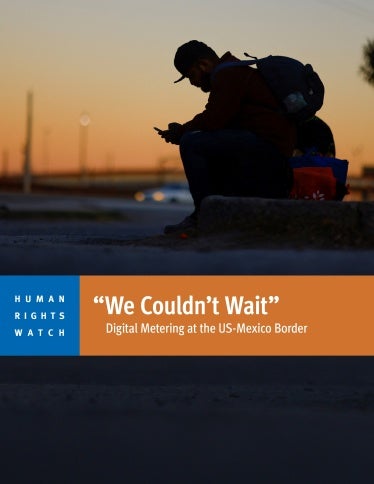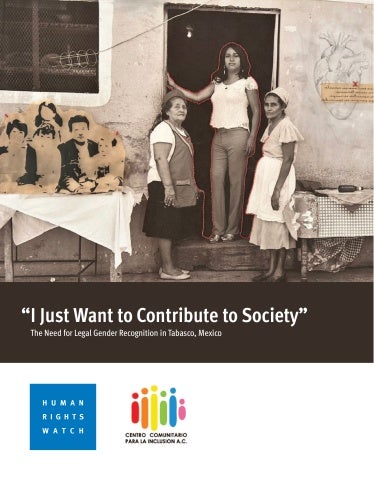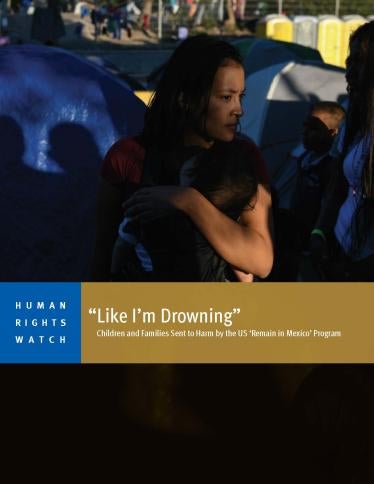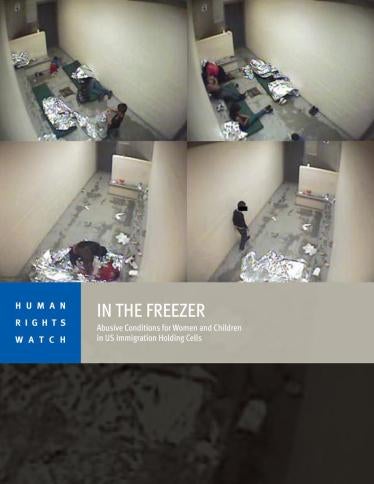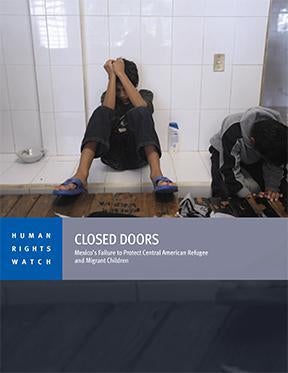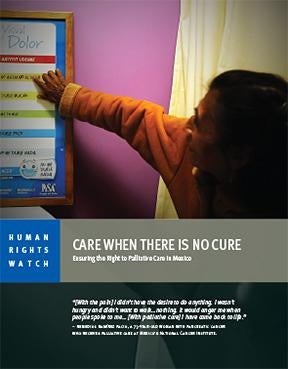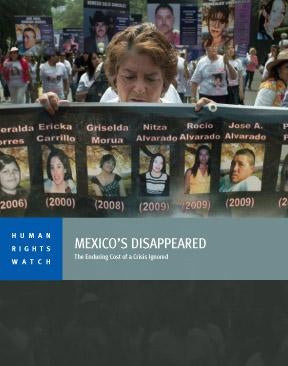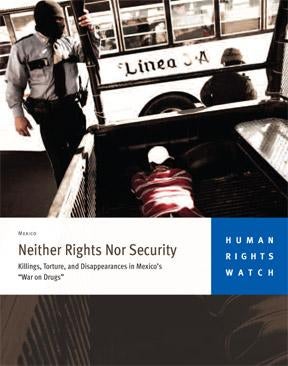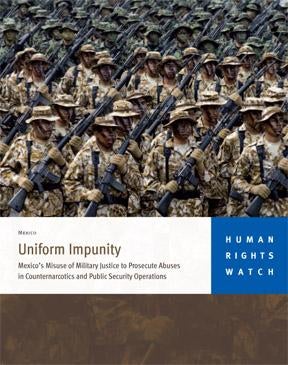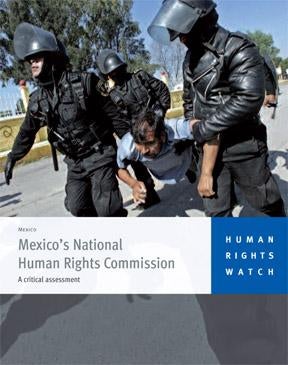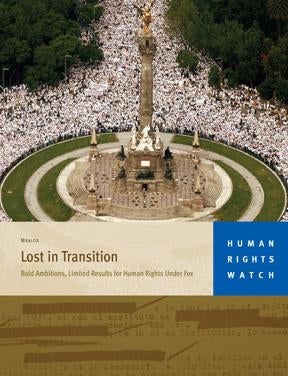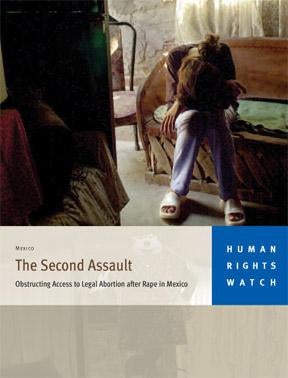Navigating Obstacles
Abortion Access in the State of Mexico
The 44-page report, “Navigating Obstacles: Abortion Access in the State of Mexico,” found that the state’s abortion law does not guarantee access to this essential service, even for legally eligible cases. Barriers to access include healthcare providers denying or delaying services, withholding necessary information, questioning the veracity of sexual violence survivors' statements, subjecting women to mistreatment, and imposing arbitrary requirements for access that contradict existing law and regulations.


